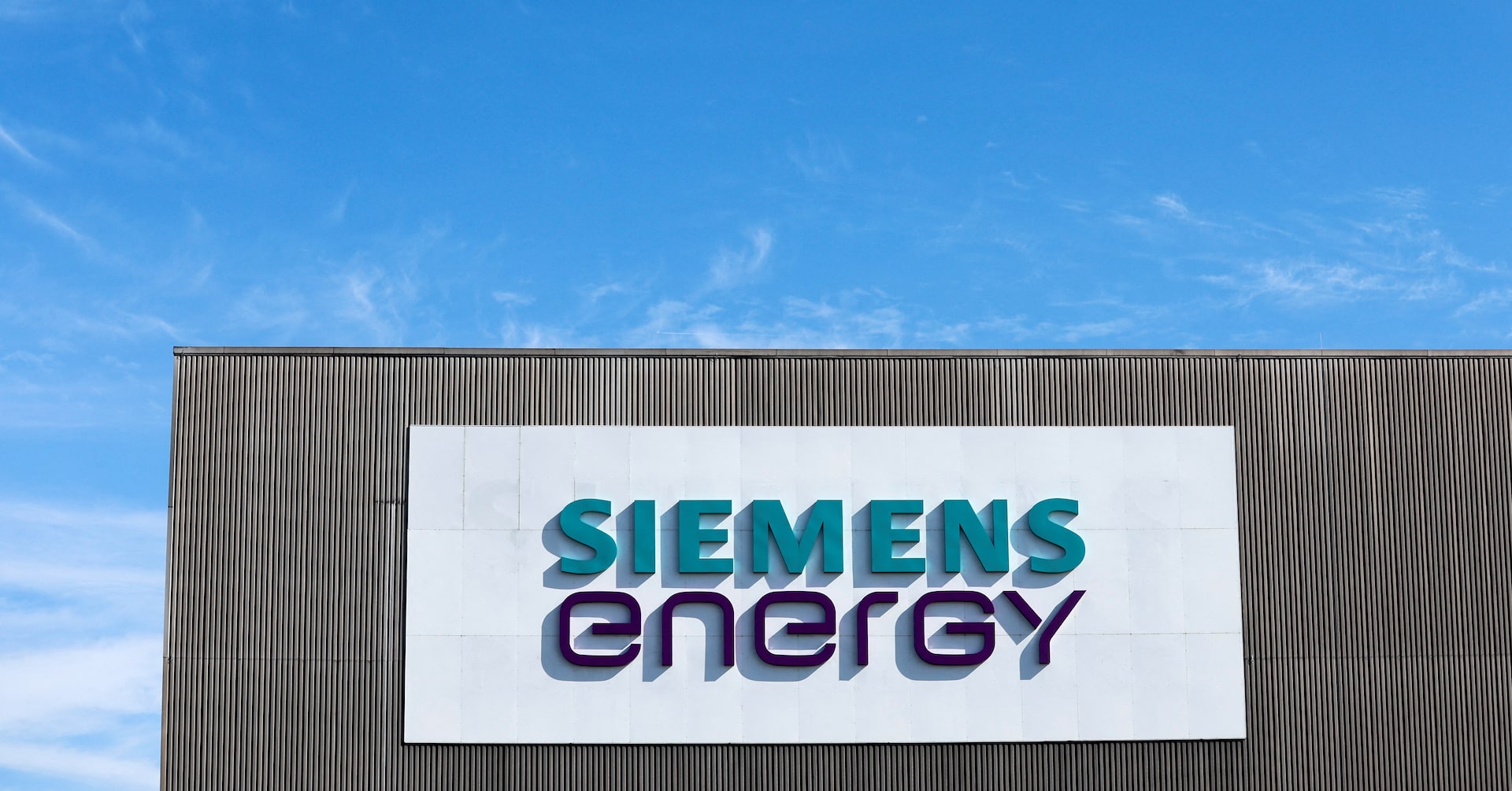Wind Power Shake-up: Siemens Energy Offloads Indian Renewable Assets to TPG Consortium

In a strategic move to streamline its global operations, Siemens Energy has announced the sale of a substantial 90% stake in its wind energy business across India and Sri Lanka. The company will transfer its majority ownership to an investor group spearheaded by TPG's climate investment division, marking a significant shift in its regional business strategy.
The divestment reflects Siemens Energy's commitment to refocusing its resources on what it considers its core markets. By divesting this significant portion of its wind energy portfolio, the company aims to optimize its operational footprint and potentially redirect investments towards more strategic business segments.
This transaction underscores the ongoing transformation in the renewable energy landscape, with major players continuously reassessing their global investments and market positioning. The deal with TPG's climate investment arm signals a continued strong investor interest in sustainable energy infrastructure in the Indian subcontinent.
The sale, announced on Wednesday, represents a calculated step by Siemens Energy to enhance its strategic flexibility and concentrate on markets with the highest potential for growth and long-term value creation.
